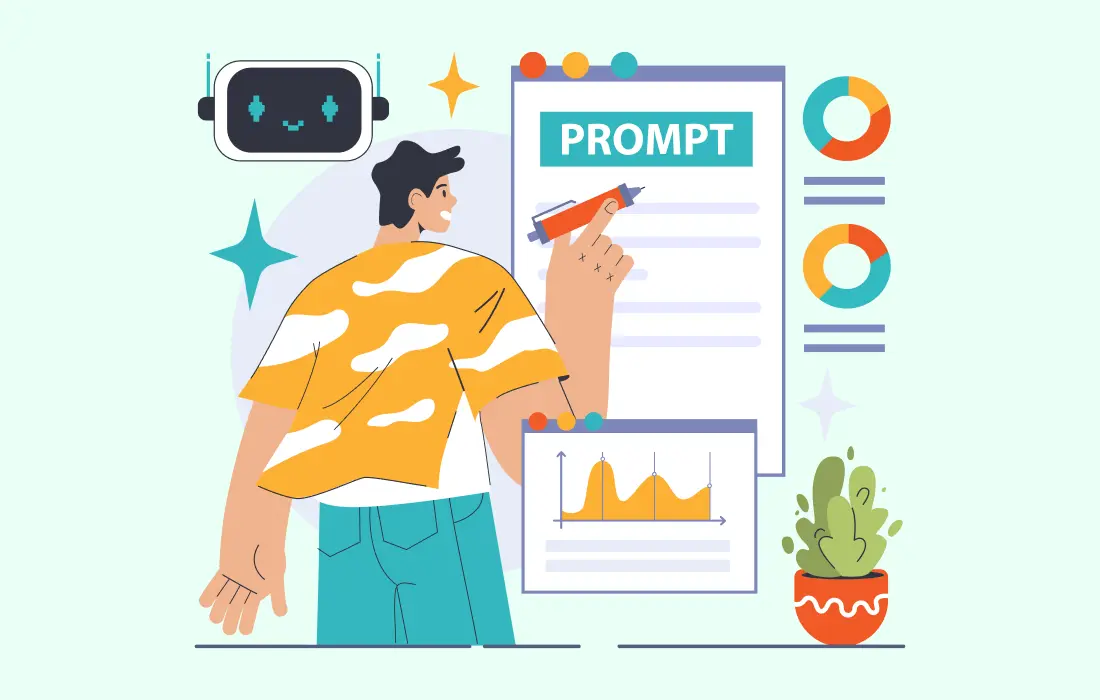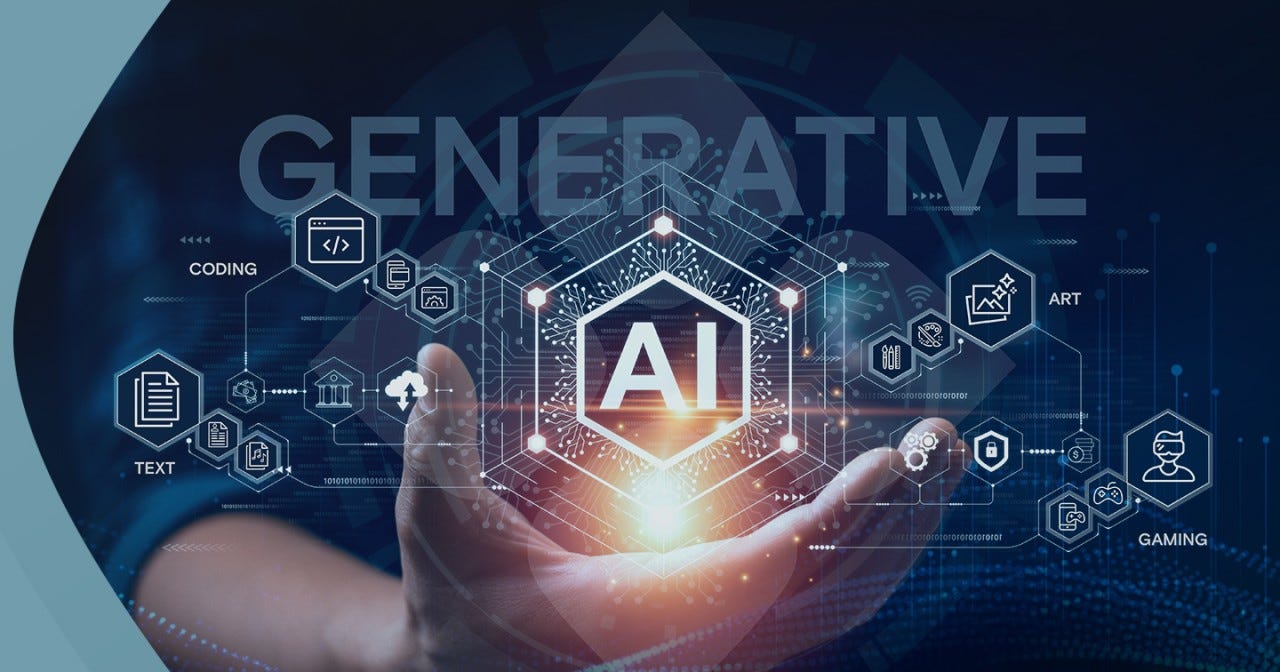In today’s hyper-connected world, our smartphones are more than just communication devices; they’re extensions of ourselves, gateways to our digital lives. And increasingly, the experiences they offer are becoming less generic and more intimately tailored to our individual needs and preferences, thanks to the silent but powerful force of Artificial Intelligence (AI). We’re moving “beyond basic” interactions into an era where AI isn’t just a feature, but the very backbone of truly personalized mobile experiences.
Gone are the days of one-size-fits-all mobile interfaces. Today, consumers don’t just want personalization; they demand it. Studies consistently show that a significant majority of users are more likely to engage with brands and apps that offer tailored experiences. And AI is the game-changer making this level of personalization possible at scale, transforming how we interact with our mobile devices in profound ways.
The AI-Powered Revolution: What Does it Look Like?
So, how exactly is AI achieving this remarkable feat? It’s a multi-faceted approach, with AI working tirelessly behind the scenes to understand us better:
- Learning Your Digital DNA: Behavioral Analysis: From your Browse history and search queries to your in-app clicks and how long you spend on certain content, AI algorithms are constantly analyzing your digital behavior. This isn’t just about what you do, but how you do it, allowing apps to identify patterns and predict your preferences with remarkable accuracy. Think of your favorite streaming service recommending your next binge-worthy show, or an e-commerce app suggesting products you’ll genuinely love – that’s AI in action.
- Anticipating Your Needs: Predictive Personalization: AI isn’t just reactive; it’s proactive. By leveraging predictive analytics, mobile apps can anticipate your needs before you even consciously express them. Imagine your navigation app suggesting the fastest route based on real-time traffic and your usual commuting patterns, or a health app reminding you to hydrate based on your activity levels and the weather. This anticipatory approach creates a seamless, almost intuitive experience.
- Dynamic UI/UX Adaptation: The mobile interface itself is becoming dynamic. AI can adapt app layouts, themes, and settings based on your individual preferences and usage patterns. This means your app literally reconfigures itself to be more user-friendly and efficient for you, reducing friction and improving overall usability.
- Smarter Assistants and Conversational AI: Voice assistants like Siri and Google Assistant are continuously evolving, becoming more adept at understanding natural language commands, learning your speech patterns, and even recognizing emotional cues. This makes hands-free interactions more seamless and allows for more complex, multi-turn conversations, making your mobile device a truly intelligent companion.
- Hyper-Personalized Content Feeds: Whether it’s your social media feed, news aggregator, or music playlist, AI-driven content curation is king. These algorithms cut through the noise, bringing what you actually want to engage with right to the forefront, making every interaction feel uniquely curated for you.
- Beyond the Screen: Integrated AI: AI’s influence extends beyond the app itself. It’s enhancing mobile photography with intelligent camera features, improving mobile security with biometric authentication and fraud detection, and even optimizing battery life and device performance by intelligently allocating resources.
The Benefits Are Clear
The impact of AI-driven personalization is evident across various aspects of the mobile experience:
- Enhanced User Experience (UX): This is the core benefit. When apps feel like they understand and cater to individual needs, the user experience becomes more enjoyable, intuitive, and efficient.
- Increased Engagement and Retention: Personalized content and recommendations keep users engaged for longer, leading to higher app usage and improved customer loyalty.
- Higher Conversion Rates: For businesses, tailored product recommendations and targeted offers significantly increase the likelihood of a purchase or desired action.
- Time-Saving and Convenience: AI eliminates the need for manual searching by offering smart, instant suggestions, simplifying daily tasks and decision-making.
- Improved Accessibility: AI-driven features like voice commands and object recognition make mobile experiences more accessible for users with disabilities, fostering inclusivity.
The Road Ahead: Ethical Considerations and the Future
While the benefits are undeniable, the rise of AI-powered personalization also brings important considerations, particularly around data privacy and algorithmic bias. Transparent data policies, clear opt-in/opt-out options, and robust security measures are crucial to maintaining user trust. Developers and companies must prioritize ethical AI practices to ensure that personalization enhances rather than exploits the user experience.
Looking ahead to 2025 and beyond, we can expect AI in mobile to reach even greater heights. Anticipatory personalization will become even more sophisticated, with devices predicting needs before they arise. Integration with emerging technologies like 6G and advanced augmented reality (AR) will create truly immersive and context-aware experiences. Our mobile devices will continue to evolve into indispensable, intelligent companions, making our digital lives more seamless, efficient, and uniquely ours.
AI isn’t just changing how we use our phones; it’s redefining what a personalized mobile experience truly means, pushing us beyond basic interactions into a future where every tap, swipe, and voice command feels precisely tailored to you.




